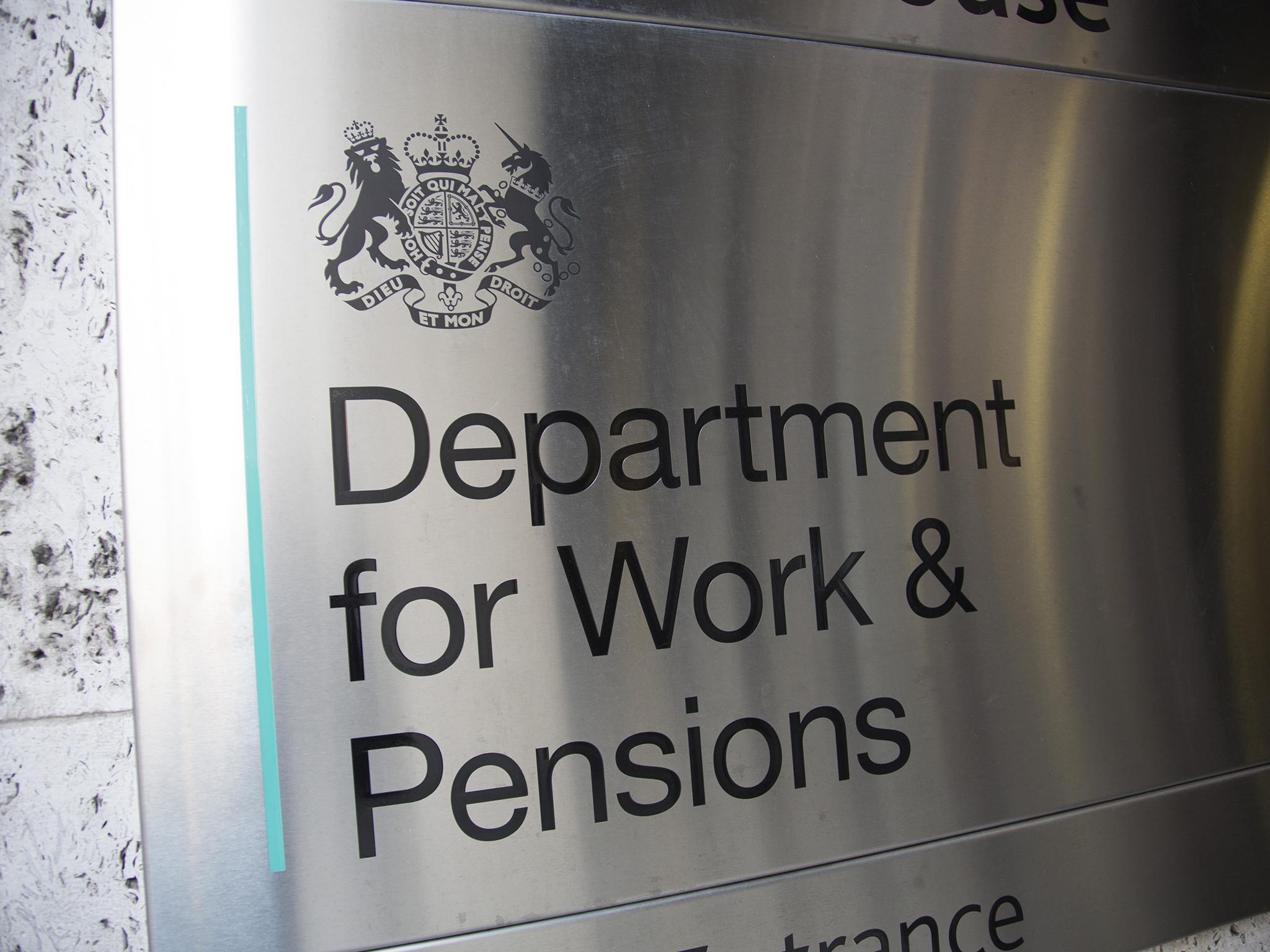Disabled man dies after speaking out about his benefits being cut
Death comes as 18 charities call for independent inquiry into suicides relating to DWP welfare reforms

Your support helps us to tell the story
From reproductive rights to climate change to Big Tech, The Independent is on the ground when the story is developing. Whether it's investigating the financials of Elon Musk's pro-Trump PAC or producing our latest documentary, 'The A Word', which shines a light on the American women fighting for reproductive rights, we know how important it is to parse out the facts from the messaging.
At such a critical moment in US history, we need reporters on the ground. Your donation allows us to keep sending journalists to speak to both sides of the story.
The Independent is trusted by Americans across the entire political spectrum. And unlike many other quality news outlets, we choose not to lock Americans out of our reporting and analysis with paywalls. We believe quality journalism should be available to everyone, paid for by those who can afford it.
Your support makes all the difference.A disabled man has died after being told his benefit entitlements were being removed, as charities call for an independent inquiry into deaths relating to welfare cuts.
Christian Wilcox, who reportedly suffered from schizophrenia and a physical impairment, was found dead in his home earlier this year – around two months after stating on social media that a disability benefits assessor had “ignored the sheer amount of pain” he was in.
The Croydon resident had written online over several months about how the lengthy process of reassessing his eligibility for personal independence payment (PIP) was causing him significant mental distress.
There is currently no suggestion that his death was linked to the decision to reduce his benefits and the inquest is yet to take place.
Mr Wilcox is believed to have died in late November, a few days before he was due to attend an appeal tribunal into DWP’s decision to remove his PIP, according to the Disability News Service.
In a Facebook post on 6 November, Mr Wilcox said a paramedic assessing his disability benefit needs on behalf of the government “ignored the sheer amount of pain” he was in.
He added: “Two specialist letters, plus everything I told them, ignored because of a 35 minute chat with a paramedic [...] The paramedic did a mechanical check of my motions. Me saying ouch, wincing, etc. was not recorded. She also noted my stick did not touch the floor a couple of times, when the room was so small I had to limp it.”
It comes as a group of leading charities demand an independent inquiry into the deaths of people who rely on welfare benefits, after a number of recent cases emerged in which people have been pushed to breaking point from their experience in the welfare system.
A joint statement by Rethink Mental Illness, signed by 18 charities including Mind and the Trussell Trust, calls on ministers to launch an independent inquiry into deaths where it appears the welfare benefits system may have been a significant factor, with a remit to recommend changes to policy as well as internal DWP processes where needed.
They reference the case of Errol Graham, who died in June 2018 of starvation after his benefits were stopped because he had not attended a Work Capability Assessment, and whose family has launched a legal attempt to prove that the DWP acted unlawfully by failing to put in place effective safeguards to protect vulnerable benefit claimants.
“As organisations that work with people who need support from the benefit system, we are deeply concerned that some of the policies and processes of the DWP appear linked to avoidable deaths,” they say in the statement.
“The clock is ticking. In November, the government plans to begin a ‘managed migration’ of people from the current sickness benefit—Employment and Support Allowance—to universal credit. It is vital that we properly understand the circumstances of these deaths before embarking on this change.”
A report by the National Audit Office (NAO) last month revealed ministers had investigated 69 suicides of benefit claimants since 2014 15, of which 21 – nearly a third – were completed between April and November last year.
It found that it was “highly unlikely" that the DWP investigated all of such cases, and that ministers had no idea whether lessons from the reviews were ever implemented.
The report, carried out after the DWP admitted it did not record the number of benefit claimants who have ended their life by suicide, said it is “highly unlikely” that the 69 cases represented the overall number of self-inflicted deaths among this group.
It criticised the department for lacking clear guidance on when a case should be investigated and for not having any “robust record” of contact from coroners about such cases.
Councillor Alison Butler, Croydon Council’s deputy leader and cabinet member for homes and gateway services, said: “This is a distressing case, and our thoughts go to Mr Wilcox’s loved ones at this time.
“We recognise that residents with multiple needs rely upon benefits as a lifeline. We always encourage residents to get in touch if they need extra support, but they might not do so or be aware that assistance is available.
“To prevent something like this ever happening again, we recommend that the DWP reviews its processes for when benefits are withdrawn from vulnerable residents so they receive adequate support as soon as possible.”
A DWP spokesperson said: “These are complex and devastating matters that we take very seriously. We always seek to learn lessons where we can and we are urgently working to drive forward improvements in the system. We will carefully consider the NAO’s findings as part of our ongoing work.
Join our commenting forum
Join thought-provoking conversations, follow other Independent readers and see their replies
Comments